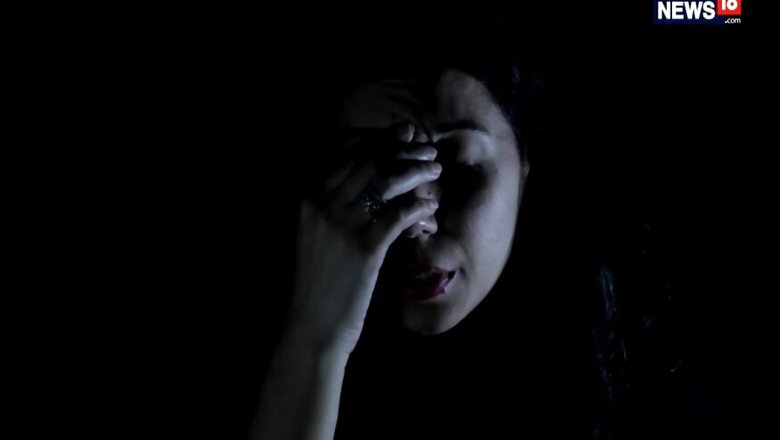
views
New Delhi: A survey of 10,233 people from both urban and rural regions, conducted across seven states of north India and covering 175 districts, has thrown up startling facts that paint a rather grim picture of the mental healthcare in India.
The independent study, largest of its kind, analysed people’s access to mental healthcare and their awareness and attitude towards it.
The findings highlight areas to bridge a wide treatment gap and provide compelling insights into where India is going wrong in terms of providing mental healthcare aid to those who need it the most. The survey found that India contributes to 28 per cent of global suicides and for every suicide, it is estimated that 25 more are attempted.
India’s suicide rate of 17.8 per 1,00,000 is significantly higher than the global average of 10.5 per 1,00,000. Every year, 2.2 lakh lives are lost to suicides in India. “Since a significant proportion of attempted suicides is not identified as a mental health issue, they are less likely to be met with intervention to address underlying mental health issues,” says Dr Shobhana Mittal, psychiatrist at Cosmos Institute of Mental Health and Behavioural Sciences (CIMBS).
Eighty per cent of the individuals surveyed either did not have health insurance or thought mental health treatment was not covered by their insurance. Only 8 per cent respondents were aware about whether their health insurance covered mental health treatment costs, while 9 per cent were covered under a government scheme.
“There seems to be poor awareness of the Mental Healthcare Act, 2017 which directs insurance companies to provide coverage for mental health on an equal basis as physical illnesses. Still, we see many patients delay treatment because they are unaware of this,” says Dr Mittal.
The survey also points at the misconceptions about mental health. Nearly one in six suffers from mental health issues, which are among the commonest chronic disorders. Yet, 49 per cent respondents felt such issues were not common, and 57 per cent did not know of anyone with mental health issues, an indicator of lack of recognising symptoms in near and dear ones. About 55 per cent respondents felt that people with mental illnesses are considered dangerous. “This is a misconception that those with mental illness are more likely to get abused or victimised by others rather than inflicting danger to others. This perception is also encouraged by the portrayal of mental illnesses in popular culture such as cinema,” said Dr Deepali Bansal, psychiatrist at CIMBS.
Sixty-one per cent respondents felt that laws should make it easier for patients (22 per cent) and caregivers (39 per cent) to get treatment. Possible, such respondents include some who may be unfamiliar with legal provisions or those who may have had difficult experiences with treatment processes.
The National Mental Health Programme was launched in 1982 to address inadequate mental health infrastructure, and in 1996, a mental health service was planned in every district. Yet, decades later, infrastructure remains inadequate,” explained Mrinal Kanwar, a Supreme Court lawyer actively involved with mental health advocacy.
The nearest mental health service to a respondent was equally likely to be a government or a private sector service. This trend is unlike other medical fields where an estimated 85 per cent healthcare is serviced by the private sector, suggesting that growth of mental health establishments in the non-governmental sector has been slow. In fact, the National Mental Health Survey, 2016 shows that there’s a lack of a delineated role for private institutions and practitioners despite their availability.
The top three suggestions from the respondents for promoting access to mental healthcare included opening of more mental health facilities, easier process for caregivers to facilitate treatment for persons with mental illness and public social campaigns.


















Comments
0 comment